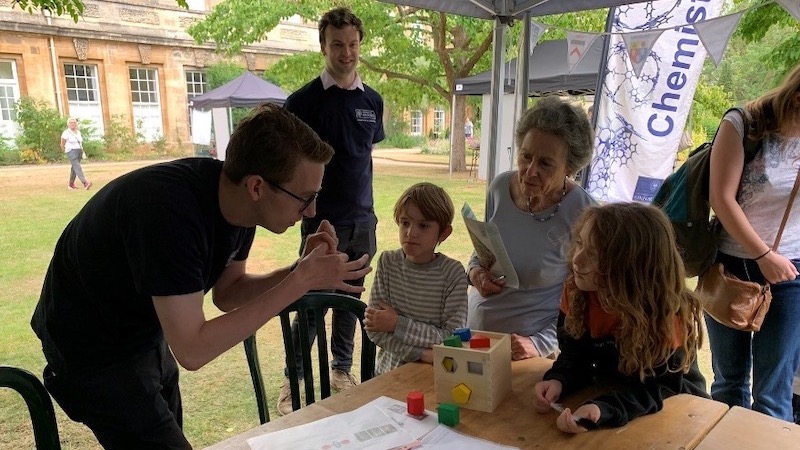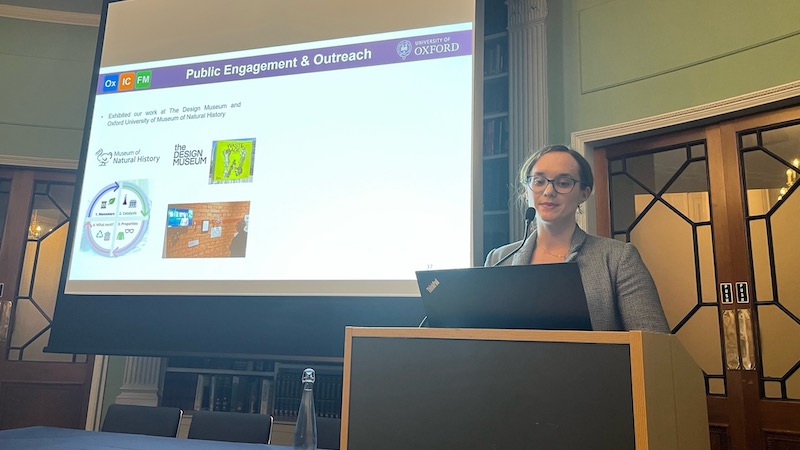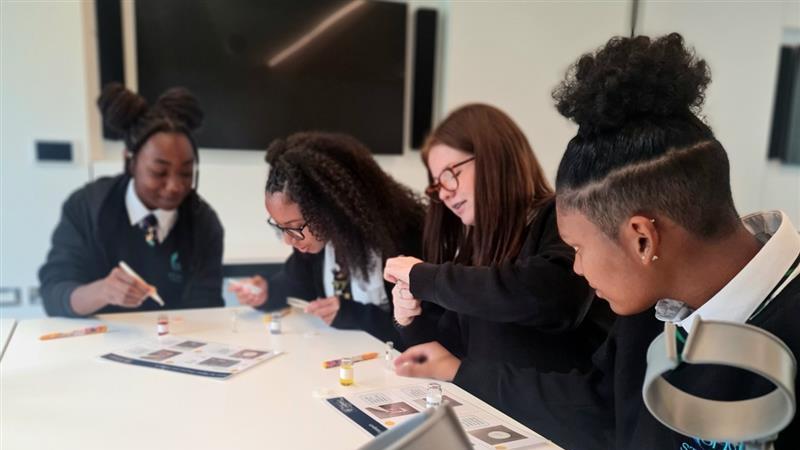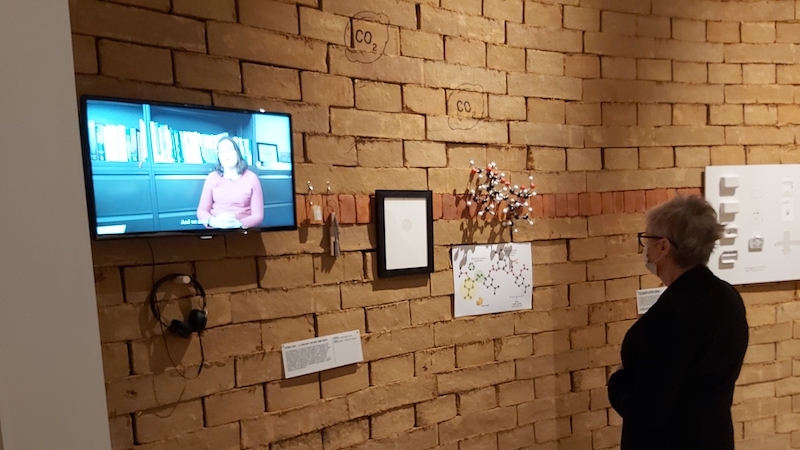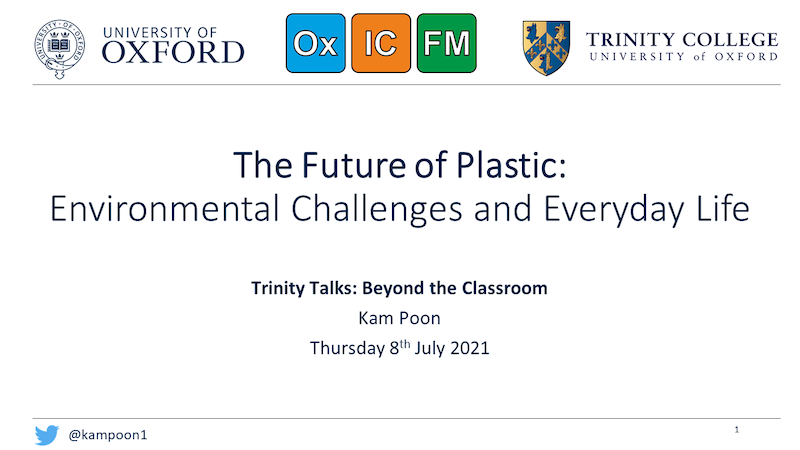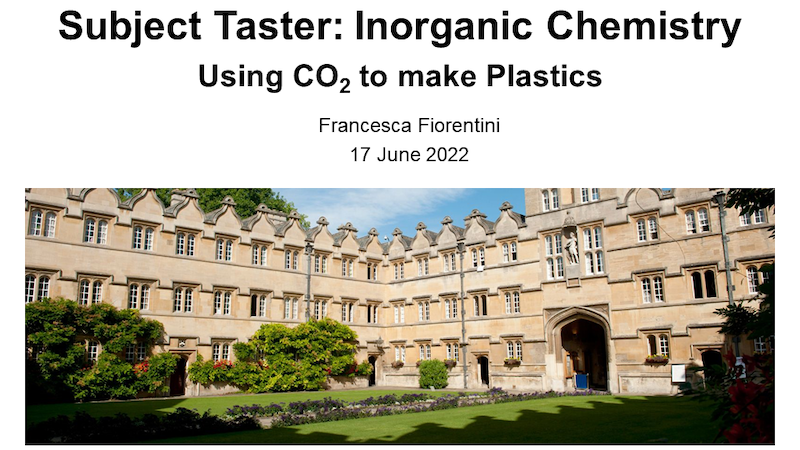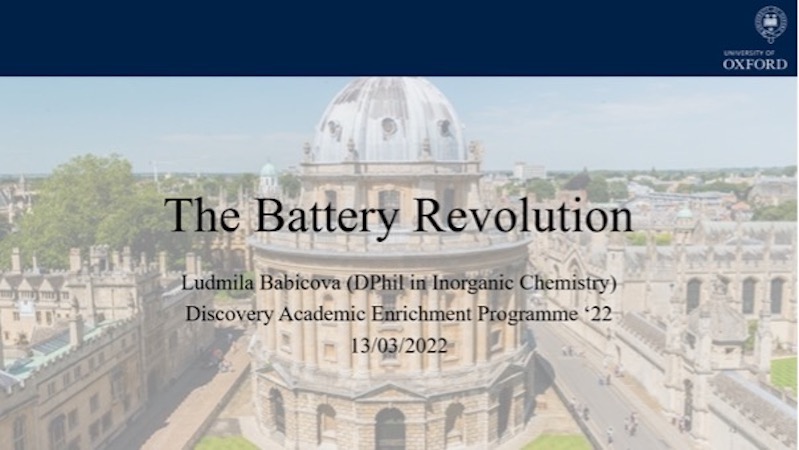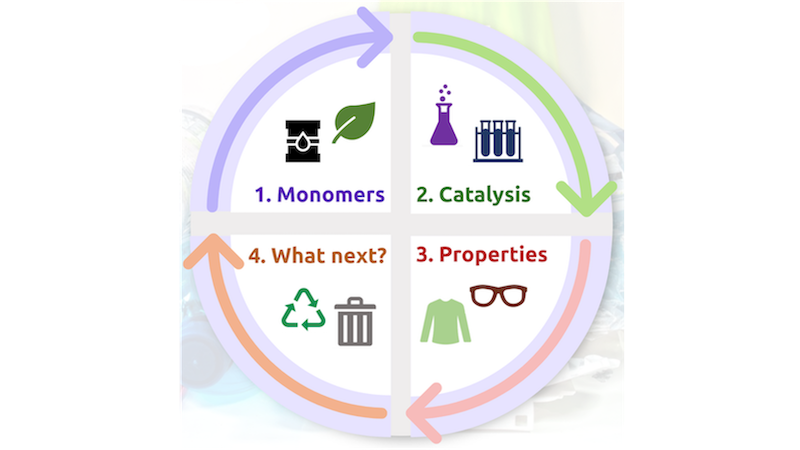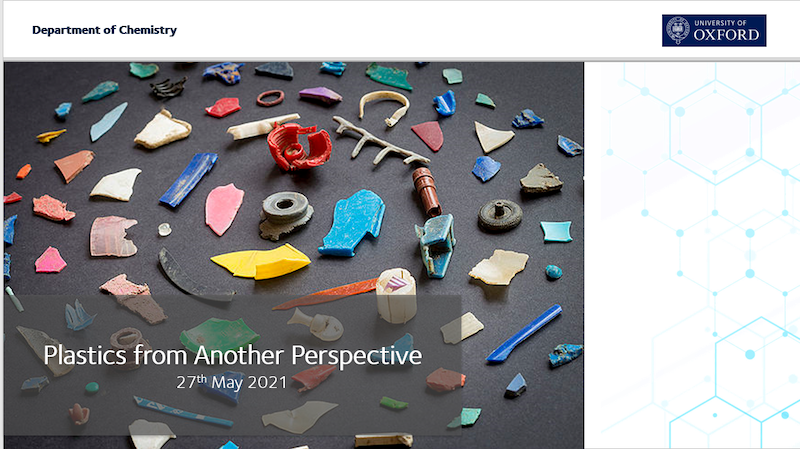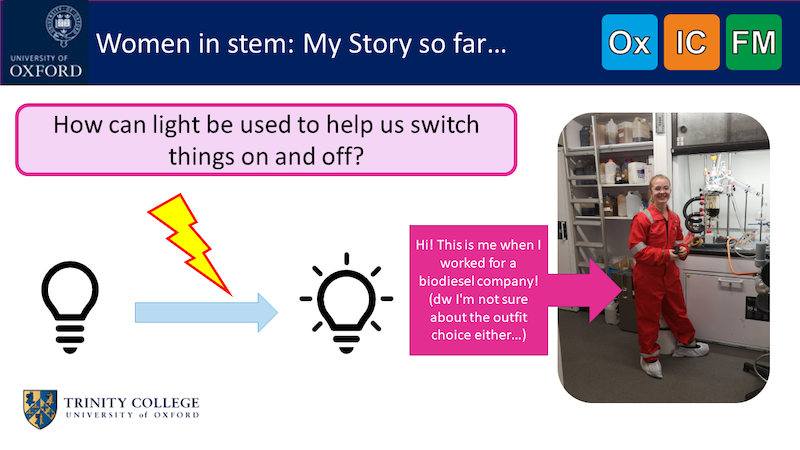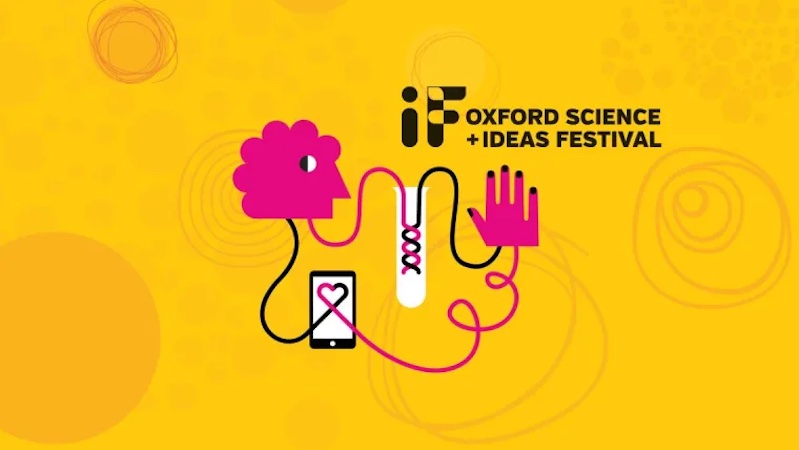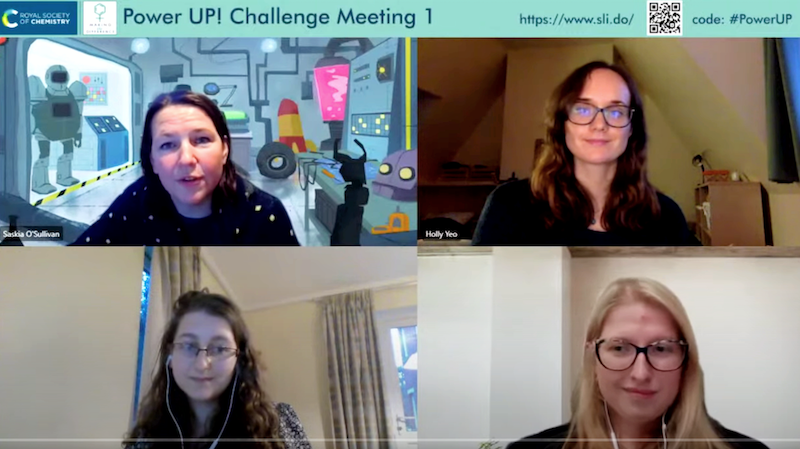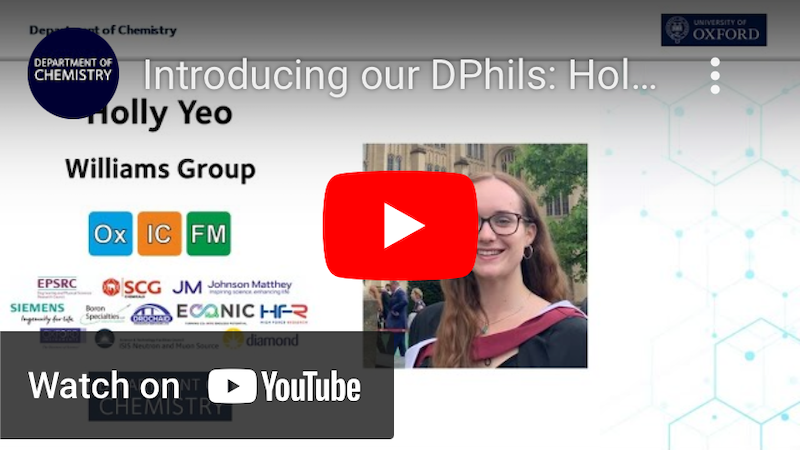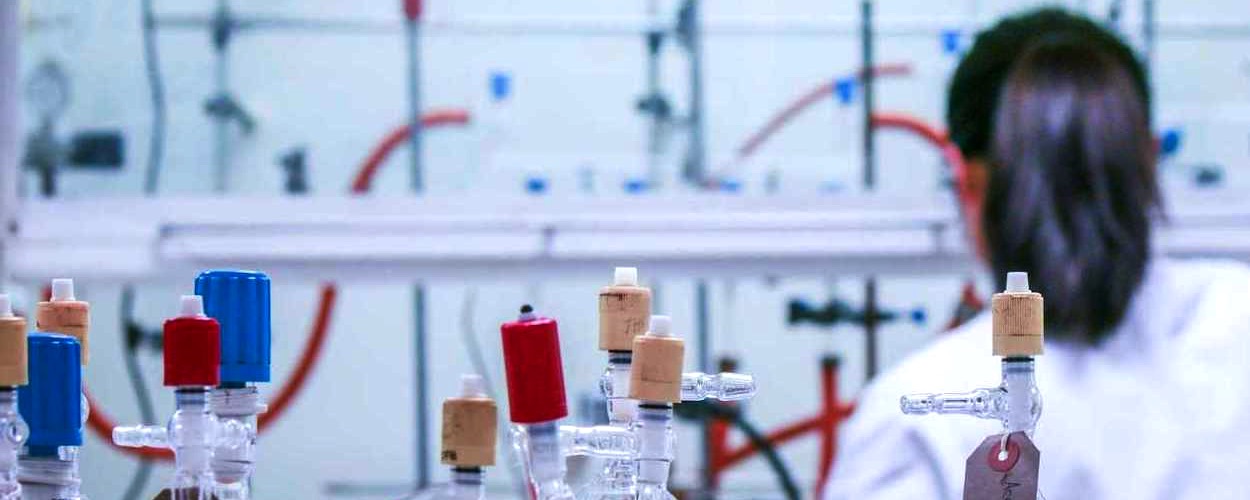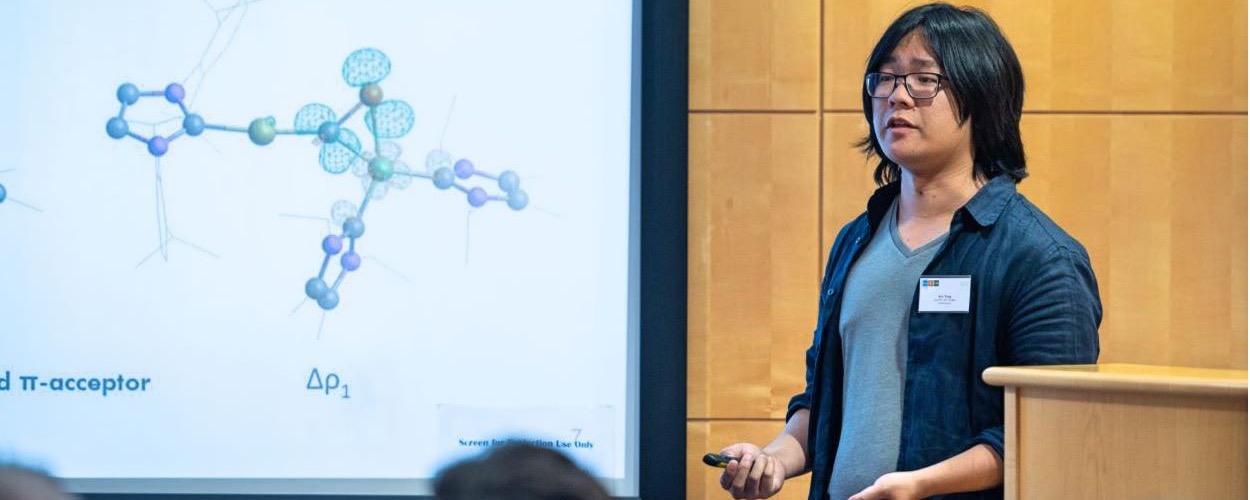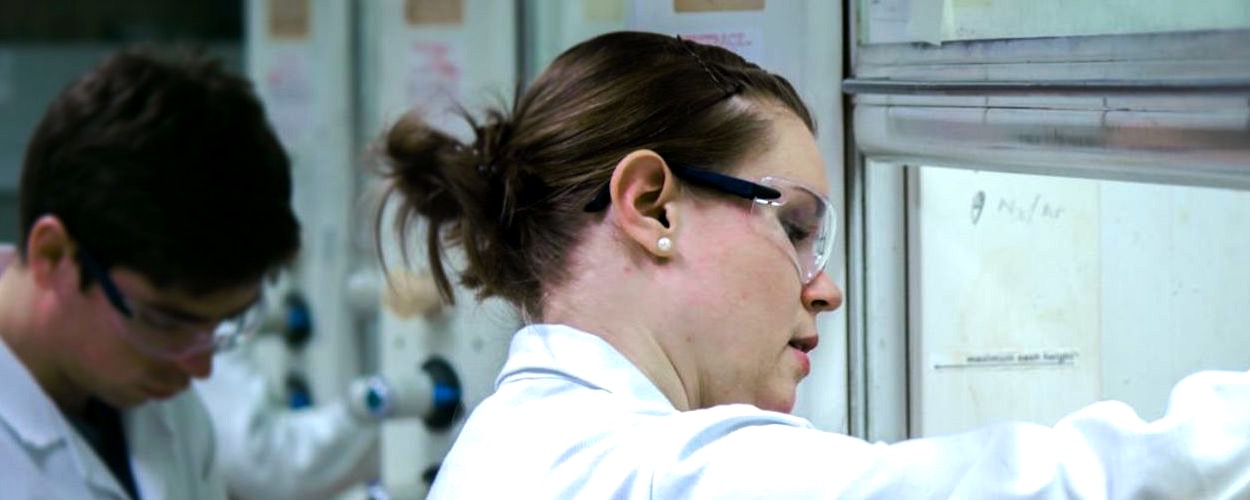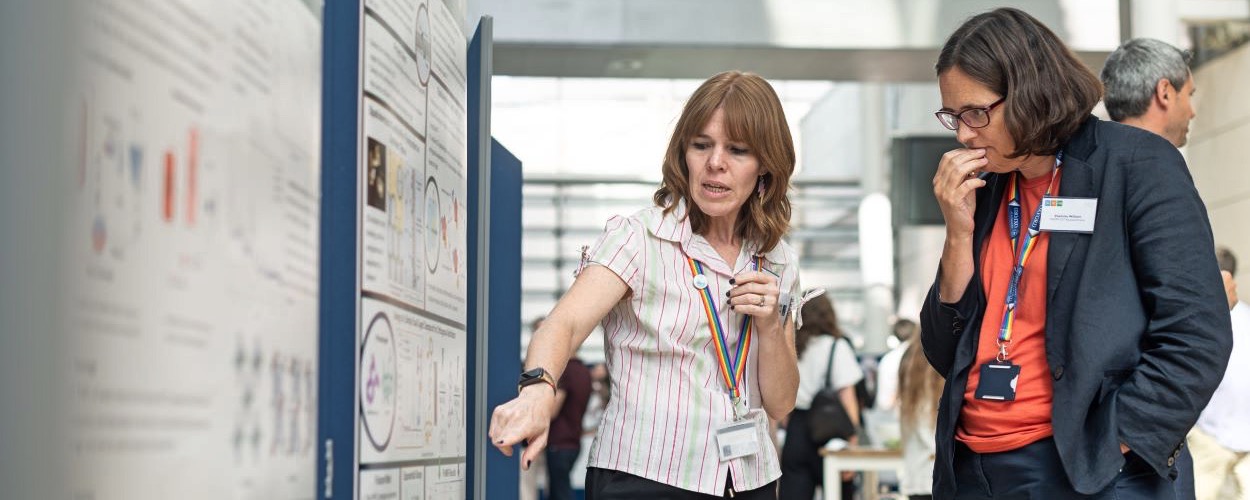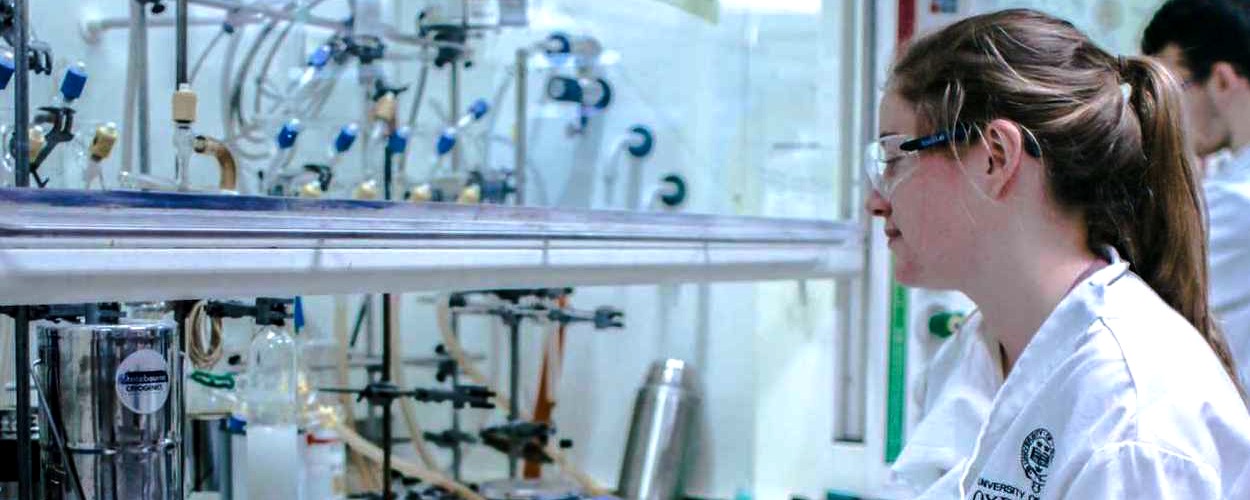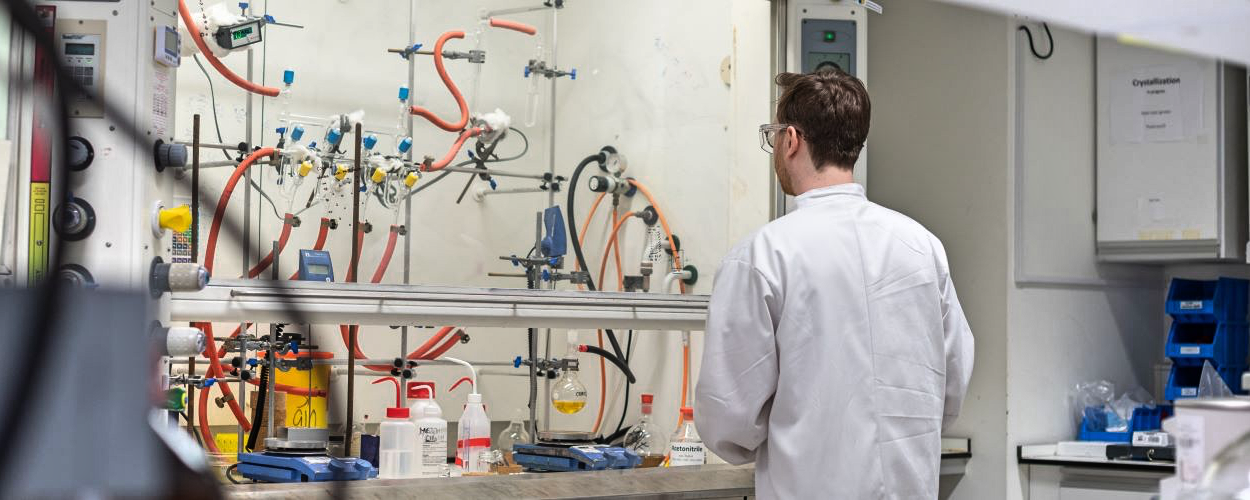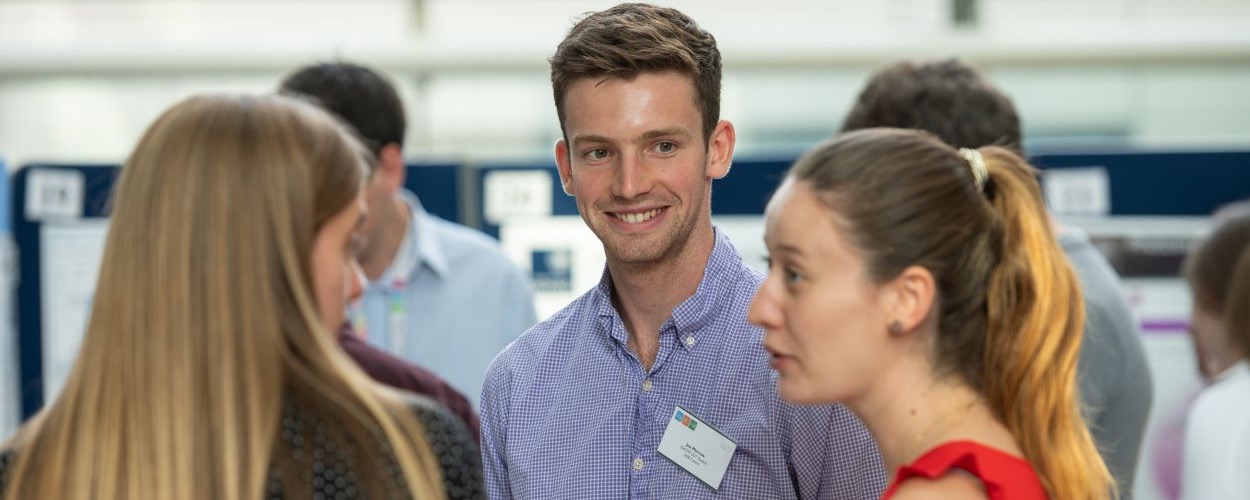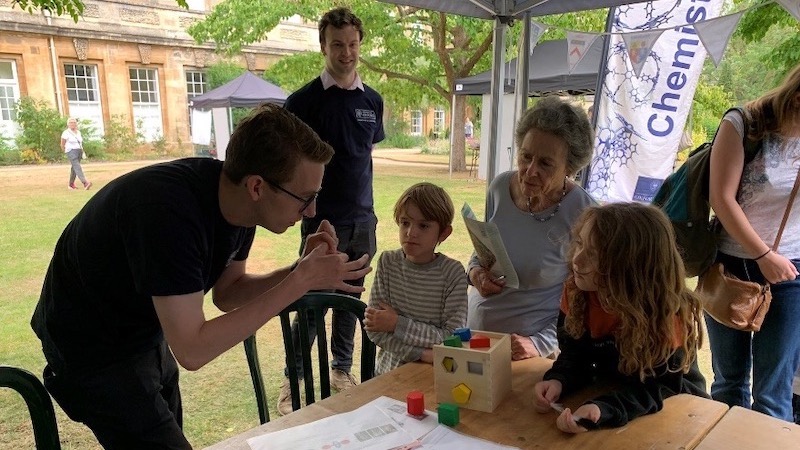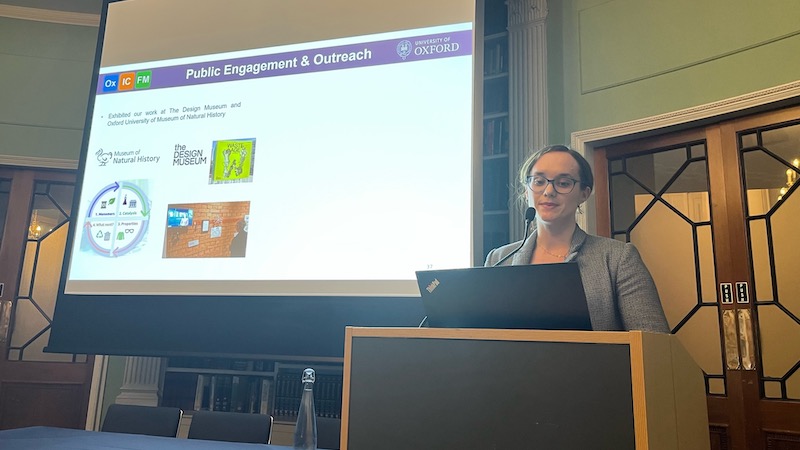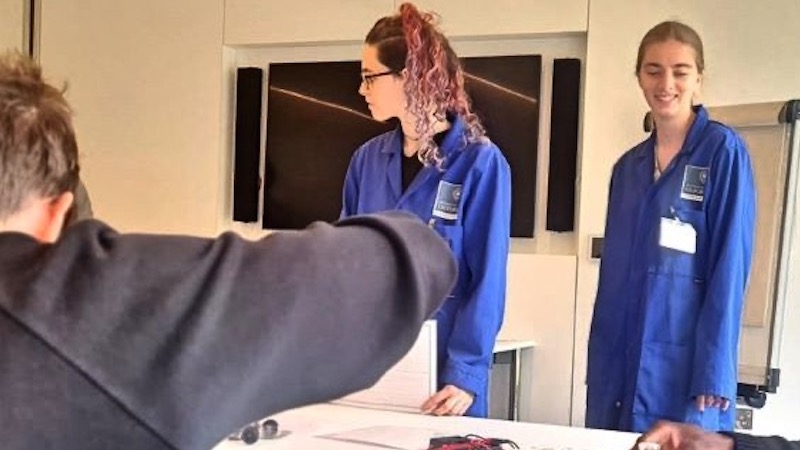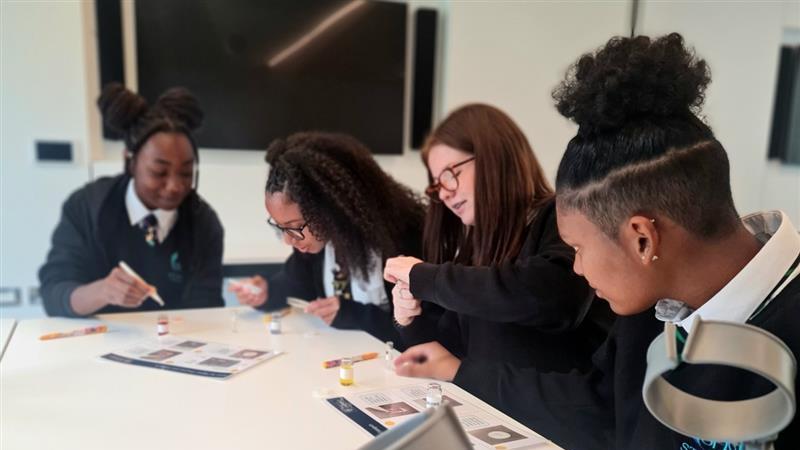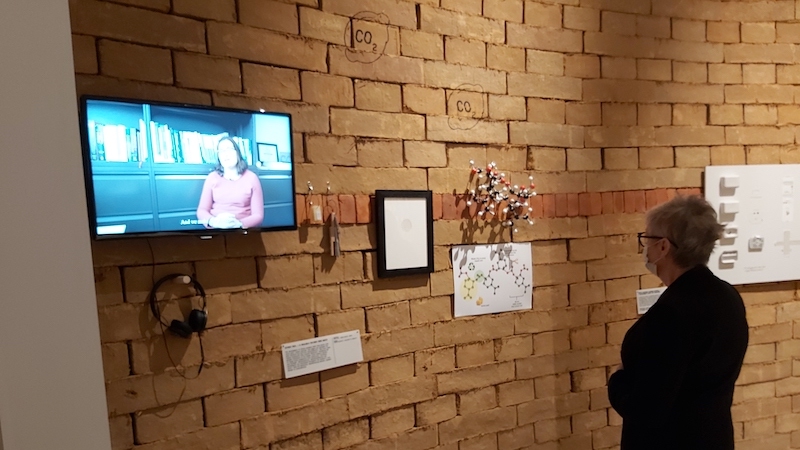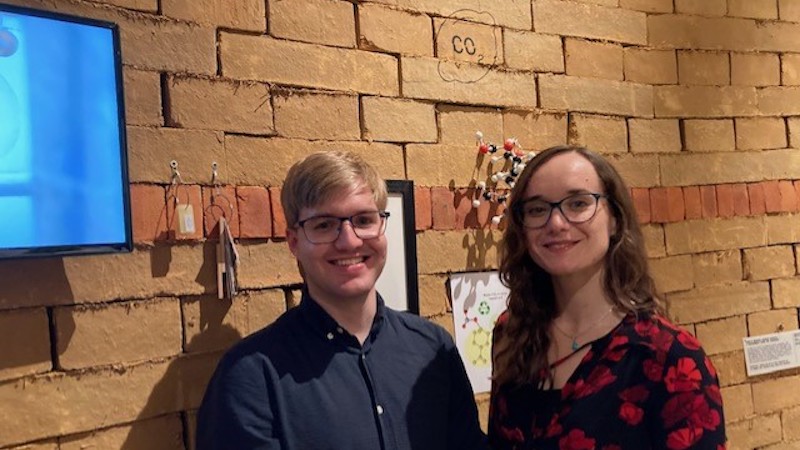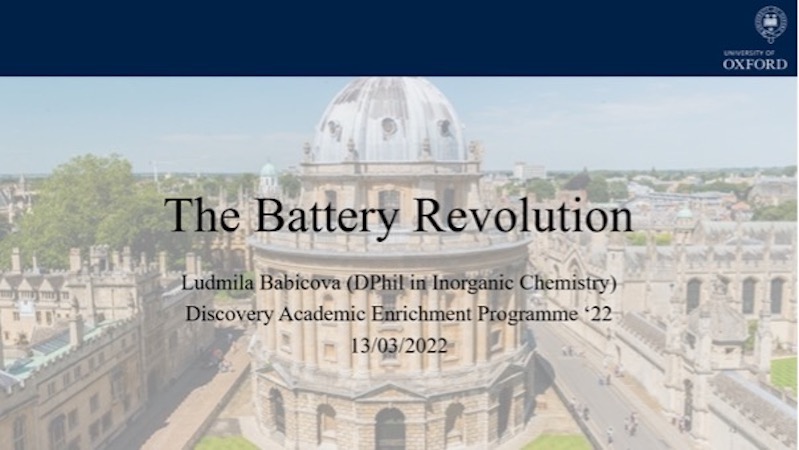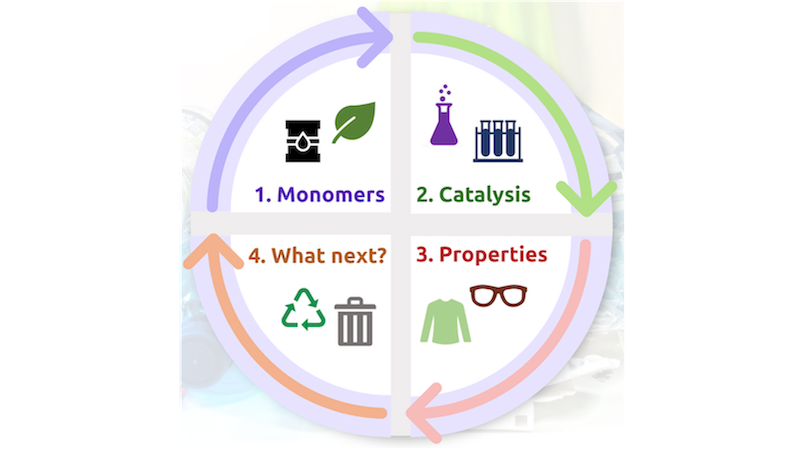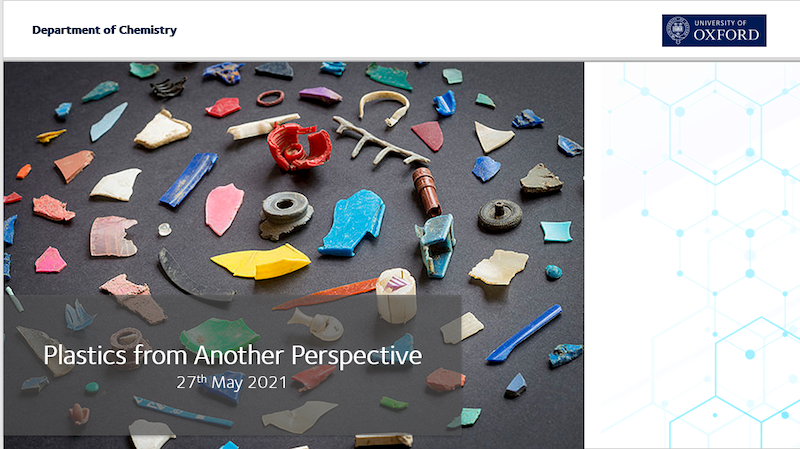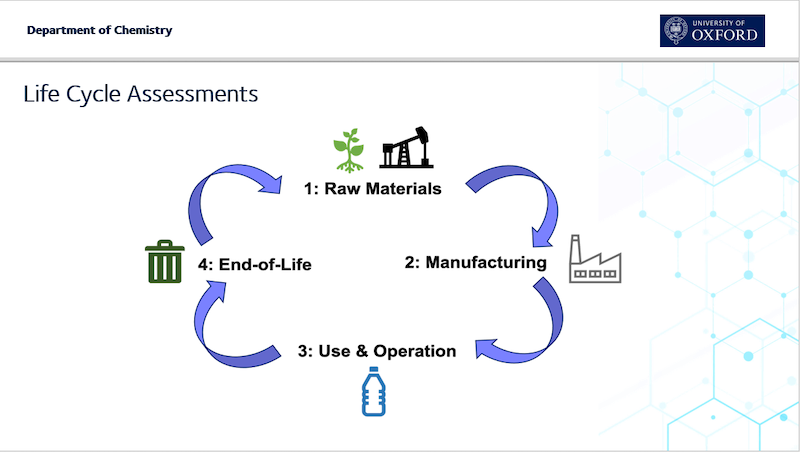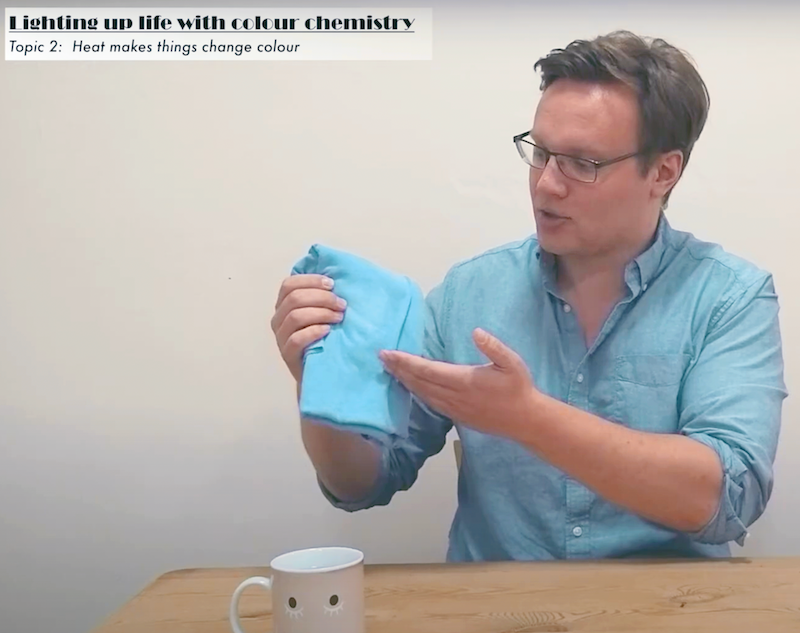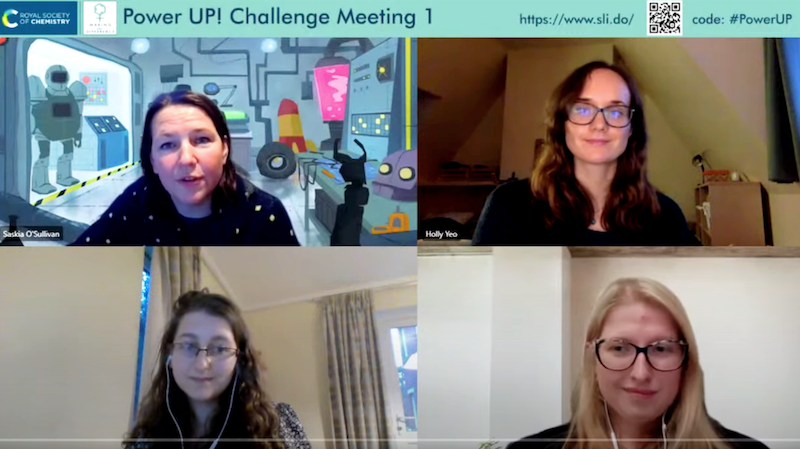Outreach & Public Engagement
Outreach and Public Engagement are a very important part of the OxICFM CDT. Oxford Chemistry has an active outreach programme and runs numerous events for schoolchildren (see more here). Students from the OxICFM CDT are actively involved in these events, and will additionally engage in new activities through the dedicated OxICFM outreach and public engagement training. This provide us with numerous opportunities to share the programme's passion for research in inorganic synthesis with schools and the general public.
During their first year in the programme, our first cohort of students worked closely with the Outreach team at the Department of Chemistry and the Public Engagement team from the MPLS (Mathematical, Physical, Engineering and Life Sciences Division) to develop new workshops and activities. The students came up with numerous activities, including a podcast about doctoral studies or a series of videos to introduce themselves and explain their research, amongst others. Some examples of the work that our students have been doing in the areas of Outreach and Public Engagement can be found below.
Building Bridges: Meet the Green Researchers – It's Elemental & Waste Age
Freya Butler (2023 cohort), Bonny Gao (2022 cohort), Aisling Roper, Lewis Wales and Holly Yeo (2019 cohort)
Building Bridges is a collaborative project lead by the Department of Chemistry, aimed at supporting primary school students’ successful transition to secondary school, by boosting their academic motivation and engagement. In its pilot phase the project is focused on two themes: Green Planet 2023, and Colour 2024. The Green Planet 2023 theme kicked off in British Science Week, with science assemblies focused on Climate and Energy, Food, and Medicines, and during the summer, it saw Year 6 and Year 7 students travelling to Oxford for enrichment days.
As part of the visit, Aisling and Lewis prepared an interactive presentation for the students, that compared the most abundant metals in the earth’s crust (aluminium and iron) to noble metals (silver, gold, platinum and palladium) in terms of energetic cost of extraction, abundance, etc. The activity linked their research on Main Group systems and their potential to replace traditional noble metal catalysts with more earth-abundant systems. This activity was one station of the visit, with others that included looking at alternative sources of protein to meat products or how we can make sustainable plastics using captured carbon dioxide and waste. The latter was led by our students Holly, Bonny & Freya – a model factory and beads representing monomers from different source materials were used to help pupils understand how polymerisation occurs.
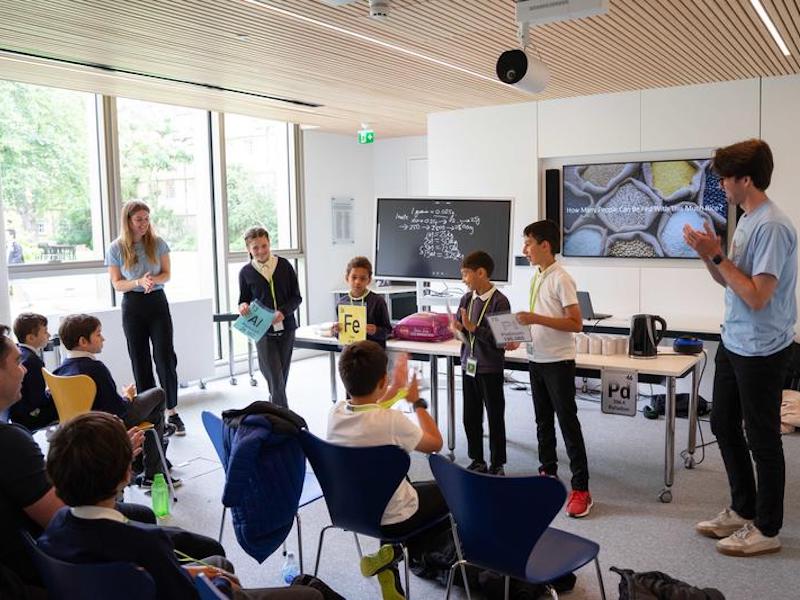
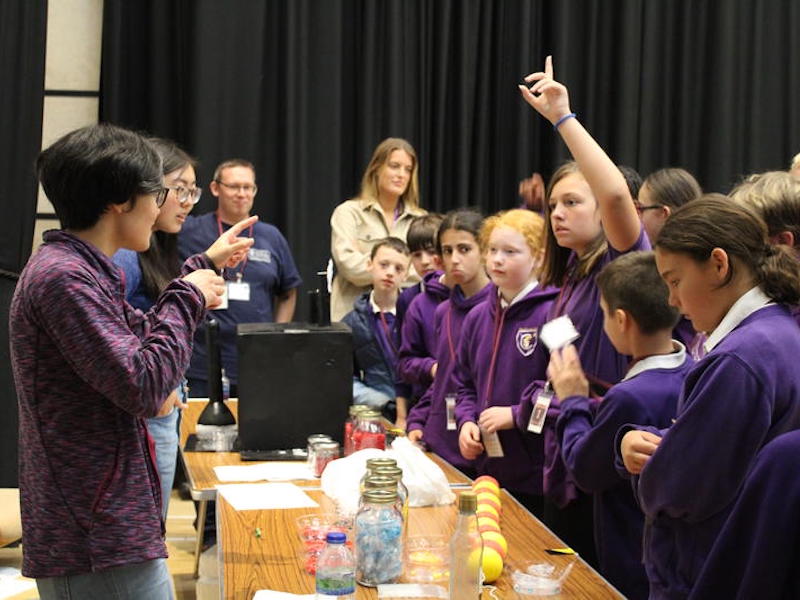
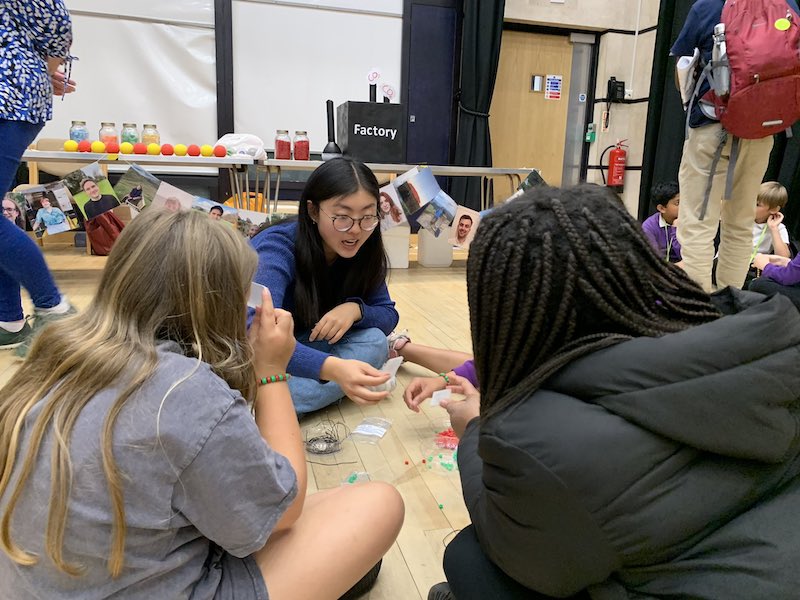
PERIODically Oxford
Charlie Simms (2020 cohort)
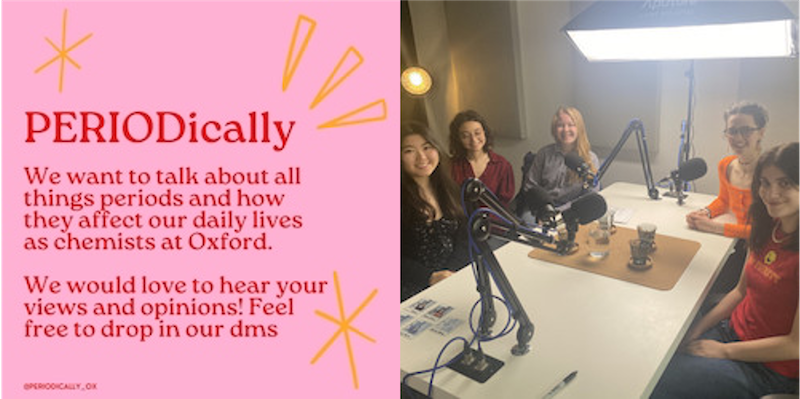
Charlie is extremely passionate about inclusion and diversity in science, and she has been the project lead in creating PERIODically – a project funded by the Royal Society. PERIODically is a podcast created by a group of undergraduate and postgraduates at Oxford Chemistry to discuss experiences of how having a period has affected their time studying chemistry. The physicality and intense nature of a chemistry degree can sometimes be put under extra pressure by symptoms of periods such as cramps, mental health and medical issues surrounding periods. The podcast is drawn on the personal experiences of a focus group to create 6 episodes on topics relating to having periods while studying Chemistry: labs, exams, tutorials, general workload, accessibility of period products and the pill. In the episodes they discuss their own feelings and experiences, talk about what they found makes a more inclusive department for those with periods and make suggestions on further improvements.
PERIODically can be found on all popular streaming platforms and has received incredible support on social media and from other universities across the country. The podcast is a great resource to inform those in education about the problems faced by those studying with periods and what initiatives could be taken to improve their experiences. Learn more about the podcast here.
More activities from our students:
